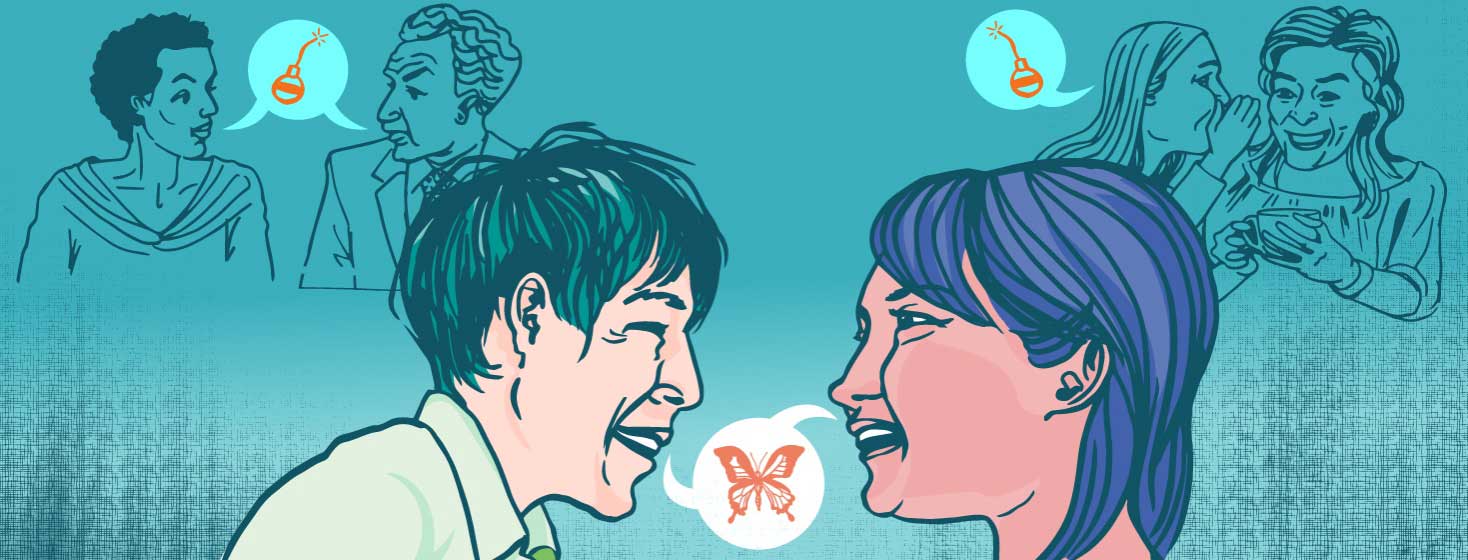Let’s Change the Way We Speak About HIV
Words matter. When we talk about certain things, people view another person differently by the choice of words someone else uses. Stigmatizing language changes how another is looked at, so changing how we address HIV will allow other individuals to see a person living with HIV differently.
In the 1980s, words made society look at HIV like it was the plague by calling people who are diagnosed "diseased", "infected", "AIDS victim", "sick", "dirty" and many other choices of words. So, changing the language by stopping the use of labels to describe another human being in how we speak about HIV will make a world of difference for everyone.
Featured Forum
View all responsesHow do you view yourself?
HIV is not easy to live with, but we can help fix how people who are living with HIV are looked at and we can also change the language when we talk to people about HIV. If you are diagnosed with HIV, how do you see yourself? Do you see yourself as a human being or do you see yourself as a different person because you are living with HIV? If using the words "infected" or "diseased" when referring to yourself or anyone with HIV, then that’s how society will see us. But, changing words can help in so many ways.
People-first language to talk about living with HIV
When we put an individual first before their HIV diagnosis or before their medical condition, it’s called people-first language. It lets us know what the person is living with or has, but not who the individual is. Using people-first language helps stop discrimination, stigma, and self-stigma (internal stigma) for all those living with HIV.
To reduce self-stigma, one must work on how they speak about themselves too: once you change this, you will be viewed by how you view yourself. Valuing another human being is important and everyone should be valued no matter what they are diagnosed with.
A few examples
Instead of saying "HIV infected" or "I’m infected with HIV", how about saying he or she is "a person living with HIV" or "I am living with HIV".
Instead of using the term "died of AIDS", say "died of AIDS-related illness", "AIDS-related complications" or end-stage HIV.
"AIDS virus" should not be used, because AIDS is a diagnosis and not a virus; it cannot be transmitted. Do not say became infected use contracted HIV, acquired or diagnosed with HIV. There is also no such thing as an AIDS test say HIV test because you acquire HIV first.
Quick Quiz
Using respectful terminology, a person in this online community is likely a "person _____ with HIV"
Finding more information on people-first language
If you would like to know more about changing the language when we refer to HIV, you can go to The Well Project's website where there is ample amount of information, there to help you.
If we can change the language, we then change how we see ourselves: as a human being who is simply living with a condition that is very manageable. We can then stop the shame of how we see ourselves, and this allows others to see us in a different light.

Join the conversation